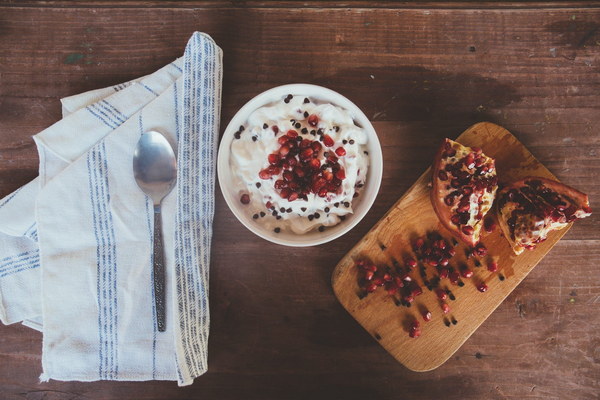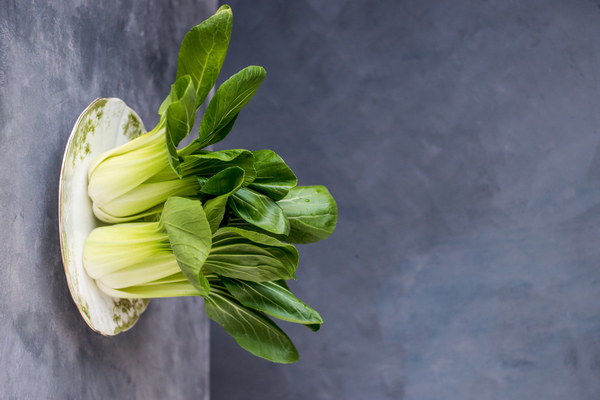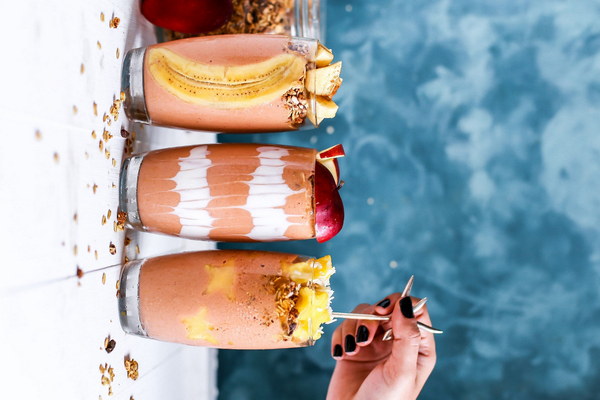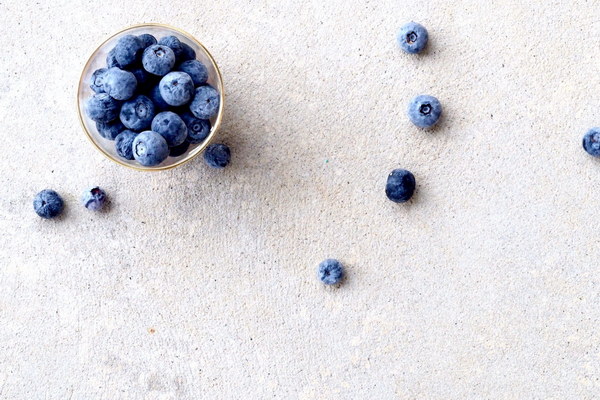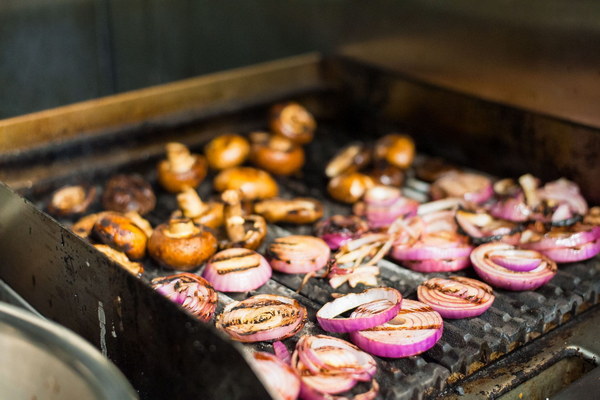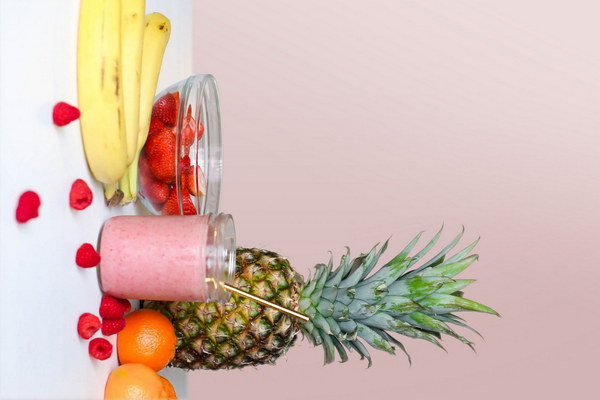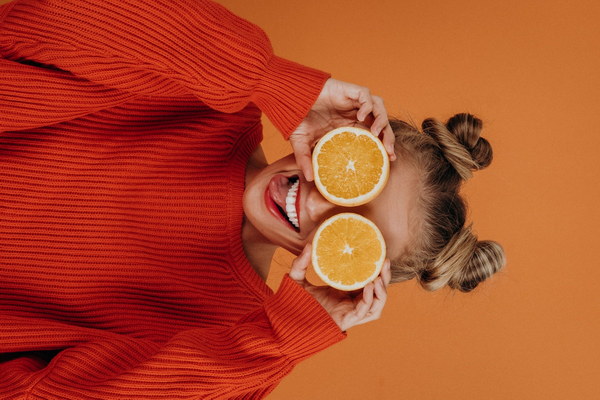The Ultimate Guide to What NOT to Mix with Your HealthBoosting Tea
In the quest for a healthier lifestyle, many of us turn to herbal teas for their numerous health benefits. From soothing anxiety to aiding digestion, there's a tea for almost every ailment. However, not all teas are compatible, and some combinations can diminish the benefits or even lead to adverse reactions. In this article, we will delve into the dos and don'ts of pairing your health-boosting tea with other beverages.
1. Avoid Mixing High-Caffeinated Teas with Herbs
Caffeinated teas, such as black tea, green tea, and oolong tea, can be detrimental when mixed with certain herbal teas. The caffeine in these teas can interfere with the calming and relaxing properties of herbal teas like chamomile, valerian root, and lavender. Moreover, high caffeine intake can exacerbate anxiety, insomnia, and other stress-related symptoms.
2. Stay Away from Citrus Fruits and Herbs
Herbal teas are often consumed for their soothing properties, but mixing them with citrus fruits can create a chemical reaction that can lead to stomach discomfort and even indigestion. Additionally, certain citrus fruits like lemon and orange contain high levels of vitamin C, which can neutralize the beneficial properties of minerals present in herbal teas.
3. Do Not Mix Alcohol with Herbs
Alcohol can exacerbate the effects of certain herbal teas, leading to increased drowsiness and dizziness. Moreover, mixing alcohol with herbs like valerian root can be dangerous, as it can enhance the sedative effects, potentially leading to respiratory depression.
4. Avoid Combining Milk with Herbal Teas
While milk can be a delightful addition to black or green teas, it is not recommended for herbal teas. The milk can alter the flavor and potentially reduce the absorption of certain minerals and antioxidants present in the tea. Moreover, some herbal teas, like ginger and peppermint, can cause milk to curdle when mixed together.
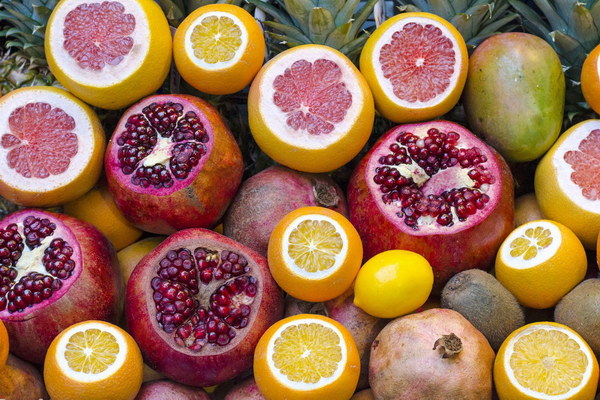
5. Stay Clear of Sugar and Artificial Sweeteners
Adding sugar or artificial sweeteners to herbal teas can negate their health benefits. Sugar can contribute to weight gain and increase blood sugar levels, while artificial sweeteners can disrupt the gut microbiome and potentially cause adverse health effects.
6. Beware of Mixing Medications with Herbal Teas
Herbal teas can interact with certain medications, leading to adverse effects or reducing the efficacy of the medication. Before combining herbal teas with any medication, it is essential to consult with a healthcare professional.
7. Avoid Combining Peppermint and Lemon Balm
Peppermint and lemon balm are both known for their calming properties; however, when mixed together, they can become too potent and lead to excessive drowsiness. It is best to consume these herbs individually or in moderation.
In conclusion, while herbal teas offer numerous health benefits, it is essential to be mindful of what you mix with them. By avoiding certain combinations, you can maximize the benefits of your health-boosting tea and minimize any potential adverse effects. Remember to consult with a healthcare professional before making any significant changes to your diet or tea regimen. Enjoy the journey to a healthier you, one cup of tea at a time!

